
- Education
Changes in the re-education system, assessment in new stream up to HSC
- Education
- 10 March, 2021 15:13:38
News Desk: Curriculum is changing from pre-primary to higher secondary. The textbook and student assessment system will also change in line with this. In the 10th class, students will get separate books. SSC examination will be on top of the books read-only in the 10th class. HSC exam will be twice. First, you have to take part in the examination at the end of the year on the subjects studied in class XI. Its number will be saved by the respective education boards.
Later, the students will take the test again on the subject studied in class XII. The results of HSC will be declared by adding the results of classes XI and XII. There are no exams until third grade. From 4th to 7th class, 60 percent marks will be in continuous assessment. In addition, 80 marks in eighth-ninth, 50 percent in the tenth, and 30 percent marks in HSC will come under continuous assessment.
After 2012, reforms are coming in the education system again. Earlier in 1995 also this system was changed. In the light of the proposed curriculum, the curriculum is now being developed up to the seventh grade. Next year, textbooks will be handed over to students in only four classes.
There are four classes, first and second and sixth and seventh. The work of writing the syllabus of these classes will be completed by April 15. Then the textbook writing will start. By 2024, the introduction of books in the new curriculum will be completed up to the tenth grade and by 2026 up to the twelfth grade. Before that, in 2023, new textbooks will be available in third, fourth, fifth and eighth, and ninth classes.
Pre-primary education will last for two years from next year. This year its experimental application is going on in different schools of the country. If the new curriculum is implemented, the weekly leave will be reduced to two days. At present, there is nothing in the syllabus about the final examination of the fifth and eighth classes.
Two tests are being conducted by the executive order of the government. It is learned that there is no direction in this regard in the proposed curriculum. Professor Narayan Chandra Saha, chairman of the National Curriculum and Textbook Board (NCTB), said students are currently studying according to the curriculum introduced in 2012. The curriculum is refined every 5 years worldwide.
Considering the needs and realities of the age, it is a part of normal activities. As such, the refinement needed to come earlier. At present, students in the ninth grade are divided into science, humanities, and business education. But according to the plan, all students up to the tenth class will read the same textbook. Even in these two classes, they will take pre-vocational education. Everyone needs to take at least one trade as part of it.
They will take hands-on lessons on its lessons. The division will be divided into higher secondary. However, at that level, all students must read at least three identical subjects. And there will be at least three departmental issues. There will be three letters on each subject. Basically, in the ninth-tenth class, the knowledge that is available in various subjects in the departmental education, a letter will be extended and the necessary knowledge will be given so that there is no crisis in specialized education in higher education. According to the plan, the first SSC examination will be held in 2025 in the light of a new curriculum or textbooks.
The first phase HSC (in class XI) will be in 2026 and the second phase HSC in 2028. A separate textbook will be given in the ninth class. That will finish reading in that class. And separate books will be given in the 10th class. SSC examination will be on books given only in the 10th class.
At present uniform, books are given in ninth-tenth class. SSC examination is done on 2-year lessons. NCTB Member (Curriculum) Professor Mashiuzzaman said the new curriculum is being developed in view of Vision 2041 or the vision of turning the country into a developed nation, Awami League's election manifesto, national education policy, and the United Nations Sustainable Development Goals (SDGs).
First, its morphology is created. After the approval, the work of writing the curriculum is going on now. Now it will be written up to the seventh grade. But next year, textbooks will go to the new curriculum in four classes. The work of making their curriculum will be completed by April 15.
Qualification-based curriculum: There are two types of curriculum and textbooks at present. Qualification based on first to fifth grade. That is, there is a certain amount of qualification that a student will get if he passes the fifth grade. And the secondary curriculum is purpose-based. Lessons are given by setting goals and objectives. It is then tested to see if it is learning. But the new curriculum has emphasized qualifying students. Professor Mashiuzzaman, a member of the NCTB, said people usually acquire knowledge about something theoretically or from books.
When you learn it by hand, you will gain skills from it. And if you can apply this skill, you will qualify. If a student does not want to study after passing 10th class, then the goal of this year's curriculum is that he can go into a career with skills and qualifications. That is why the inclusion of community has been mentioned in the teaching this time. Besides, there is pre-vocational education.
There will be three trades for this subject. These are service-oriented, industrial, and agro-oriented. Any two of these trades will be in every educational institution. Usually, the trade will be given in the area which has excess or demand. Students will take any one of these. Every student up to the 10th class will take this pre-vocational education.
Textbooks up to 10th class: All students from 6th to 10th class have to read 10 identical books. These are: Bengali, English, Mathematics, Science, Social Science, Digital Technology, Religious Education, Living Well, Art and Culture, and Life and Livelihood. The latter is the subject of pre-vocational education. At present 10 to 13 subjects have to be studied from sixth to tenth class.
There will be no separate books for pre-primary children. Teachers will teach. Their learning topics will be mentioned in the teacher's guide. There are nine types of subjects for elementary. These include Bengali, English, mathematics, science, social sciences, religious studies, well-being, and art and culture. However, there will not be textbooks on all subjects. There will be instructions in the teacher's guide on the outside of the books that will be given. Teachers will teach it.
Assessment method: Changes are also coming in the assessment along with the textbook. Emphasis has been placed on continuous evaluation instead of test reliance. It will last till the 12th class. The plan is that there will be no exams from pre-primary to third grade.
Teachers in educational institutions will evaluate them continuously. On the basis of this, the next class will be passed. Continuous assessment in class IV to VII will be 60 percent. The remaining 30 percent marks will be tested. The eighth and ninth grades will have a 60 percent continuous assessment, which the teacher will do in the classroom. The remaining 40 percent will be formal exams. In ninth and tenth class there will be 50 percent continuous assessment.
The remaining 50 percent of the test. In addition, there will be continuous assessment of 30 percent in class XI and XII. The remaining 80 percent will be formal exams. As part of the mentioned plan, 5 subjects will be examined in SSC. These are Bengali, English, Mathematics, Science, and Social Sciences. The remaining five subjects will be evaluated in the educational institution. Higher secondary will have 12 papers on 6 subjects.
In class XI, everyone has to read three subjects. These are - Bengali, English and 'Common' is a subject. What that will be, however, has not yet been determined. However, information and communication technology have been reported. Besides, there will be three subjects by category.
There will be three letters on each subject. Out of these six subjects, there will be examinations in class XI on a total of six subjects including general three and departmental three and the first paper of each. In the twelfth class, there will be a public examination of six papers of the second and third papers of the three subjects of the concerned department.
Continuous Assessment: This includes assignments and homework, assessment in the classroom, engaging in a variety of activities, behavioral monitoring, experiential learning, and more. According to the new curriculum guidelines, students in the four classes mentioned above will get two days off per week from next year. If the new curriculum books are given to the remaining 8 classes up to the 10th class, they will also enjoy 2 days off a week. Until then (2024) they will have to go to class 6 days a week.
Coloring Books: The four classes of primary and secondary level students who are getting textbooks in the new curriculum next year will be printed in four colors. The students of the first two classes are currently getting books printed in four colors. Now all the books of the sixth and seventh classes will also be printed in four colors.
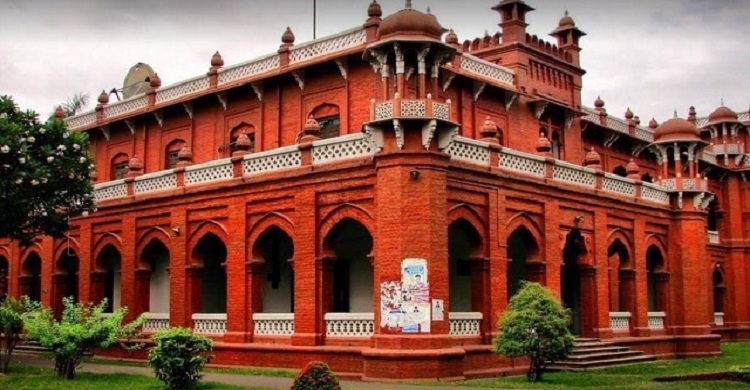
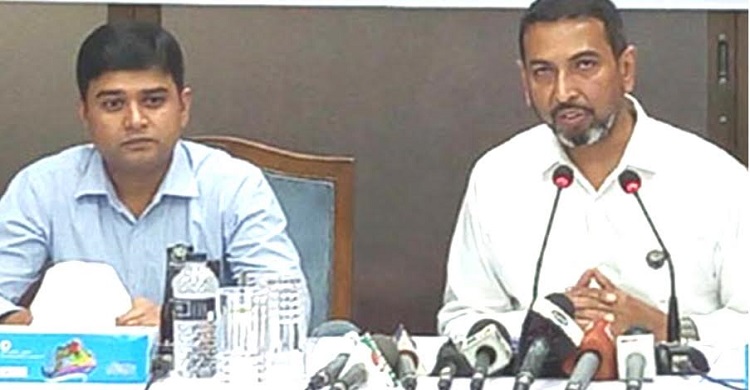
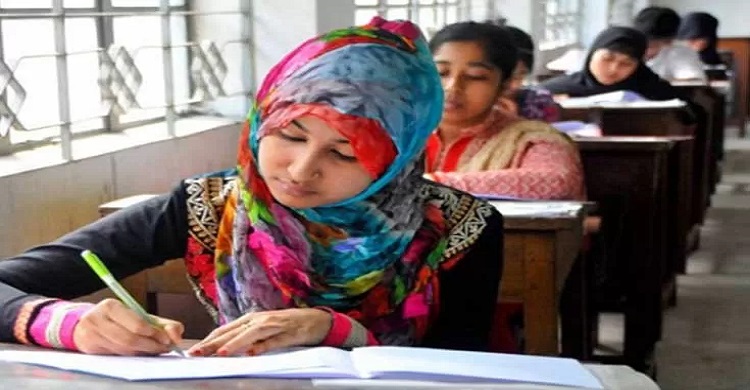
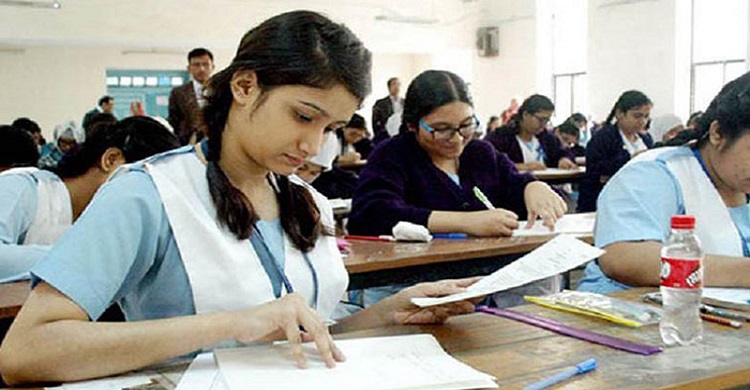
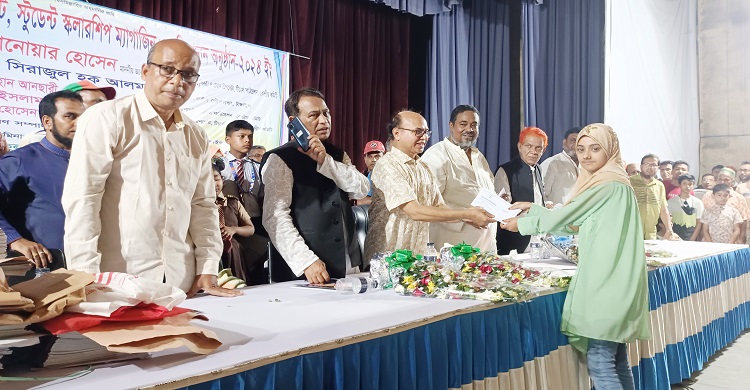
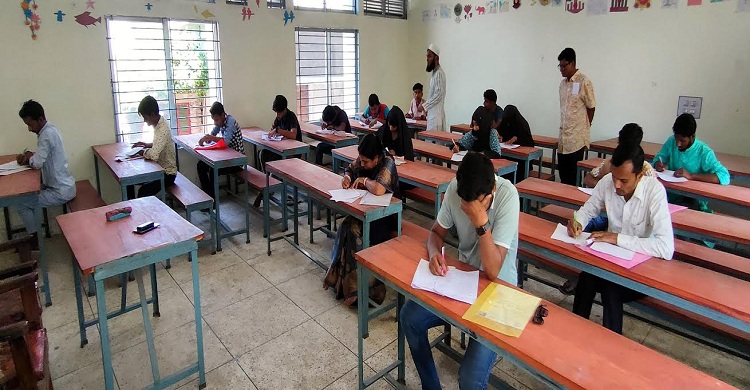
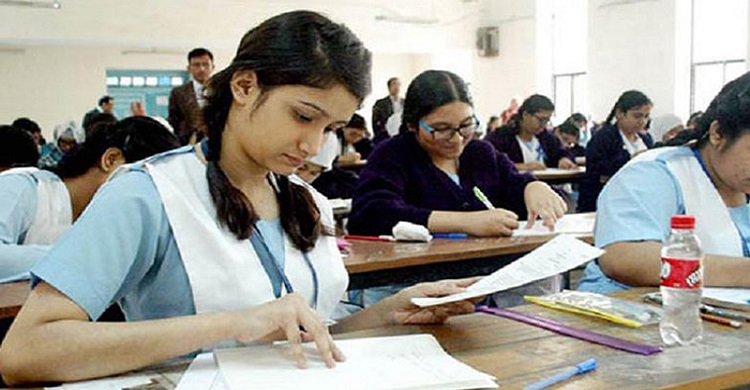
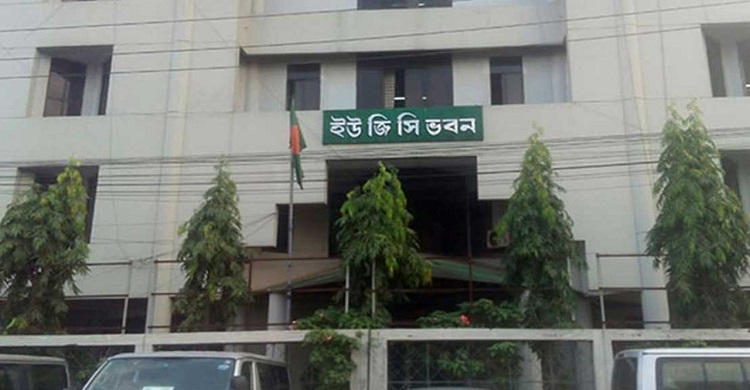
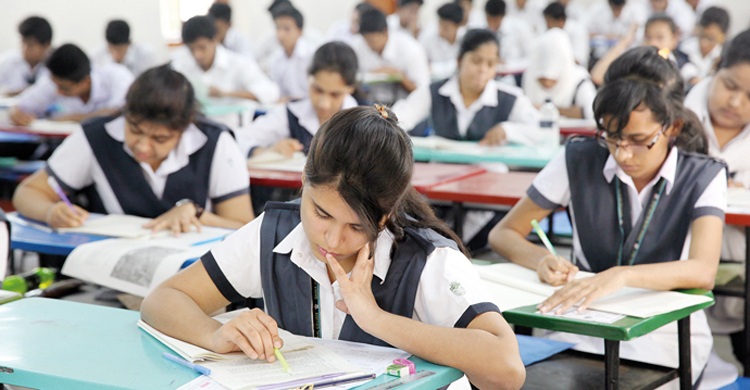
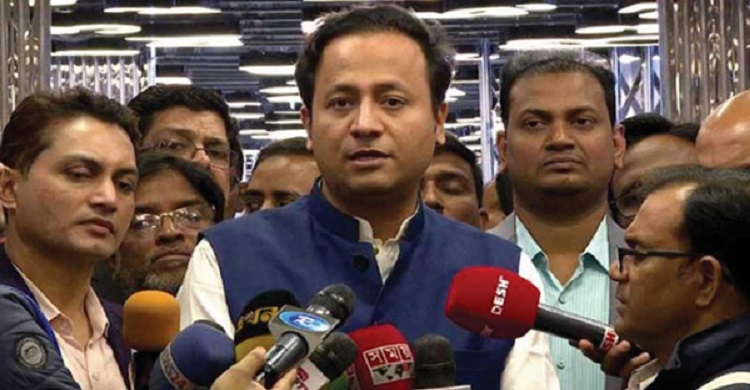
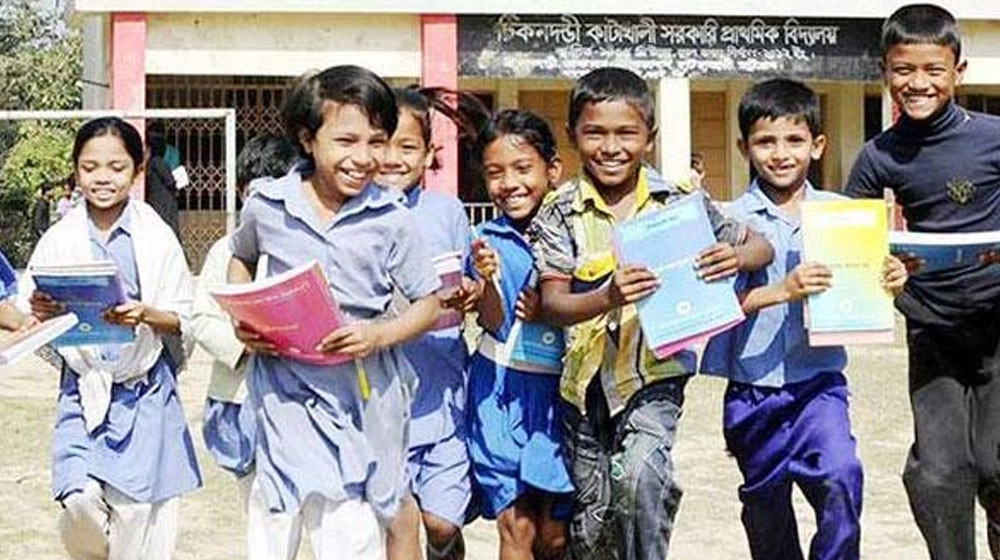
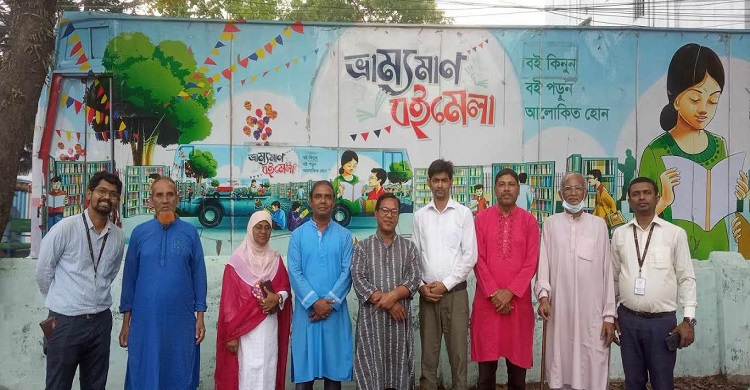
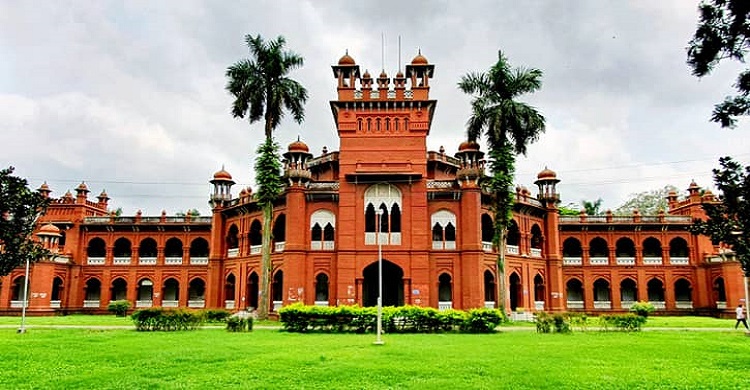
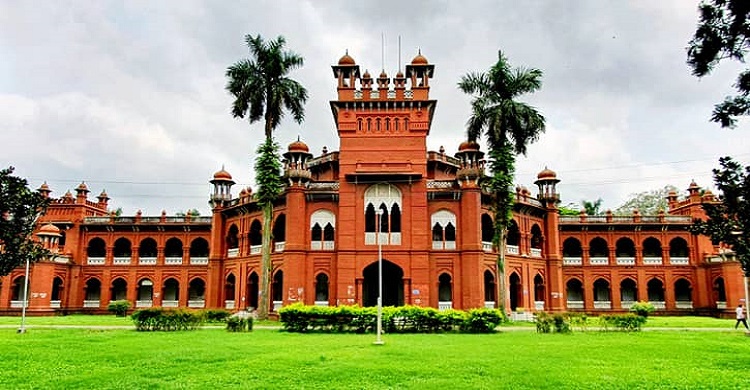
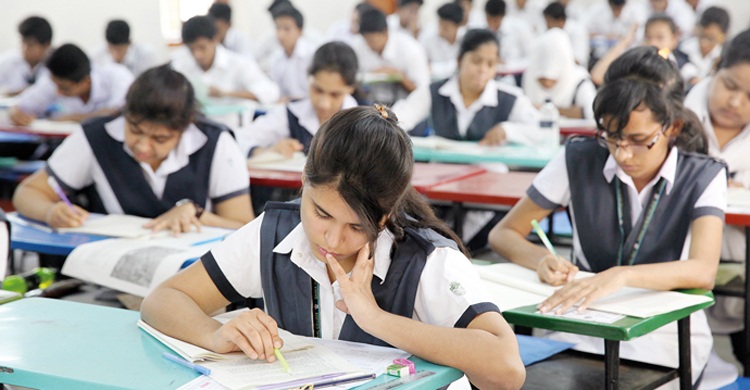
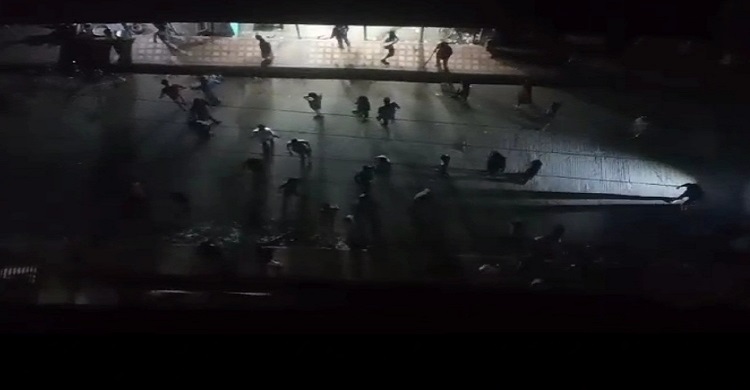
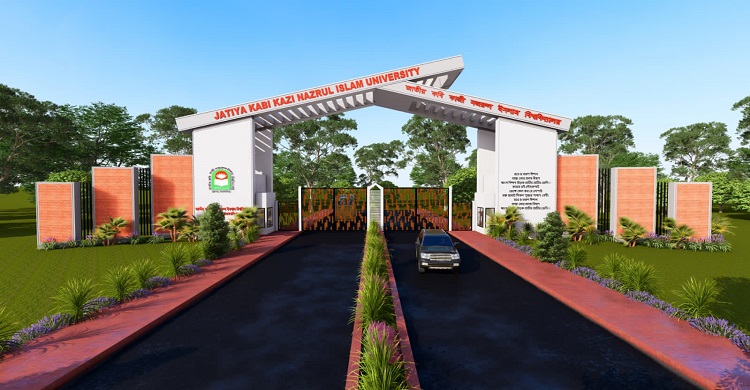
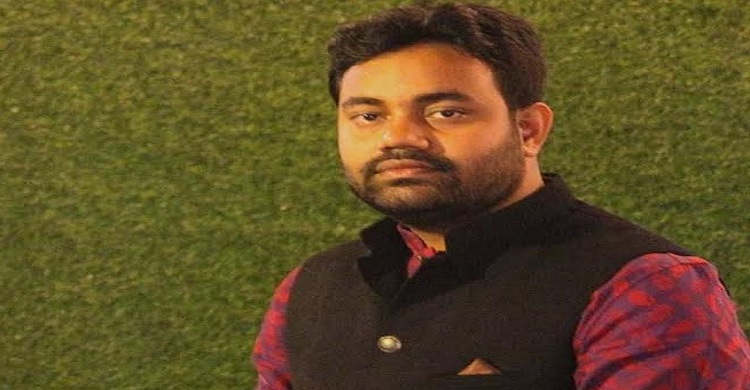
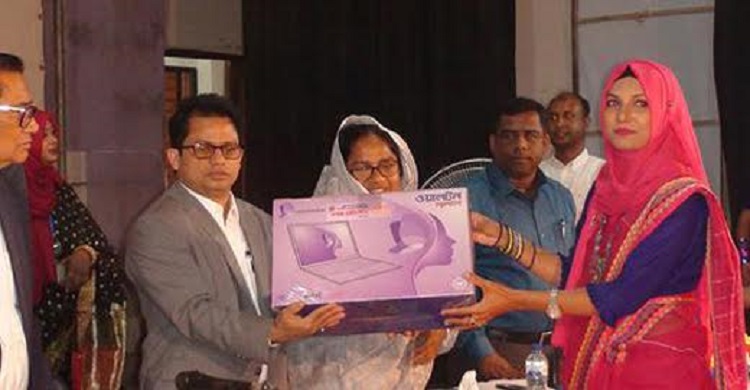
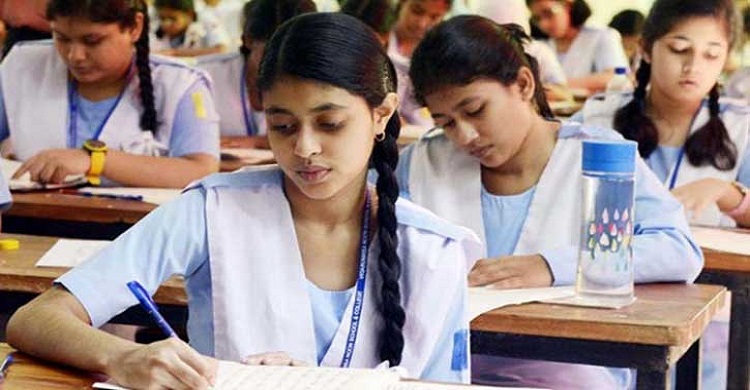

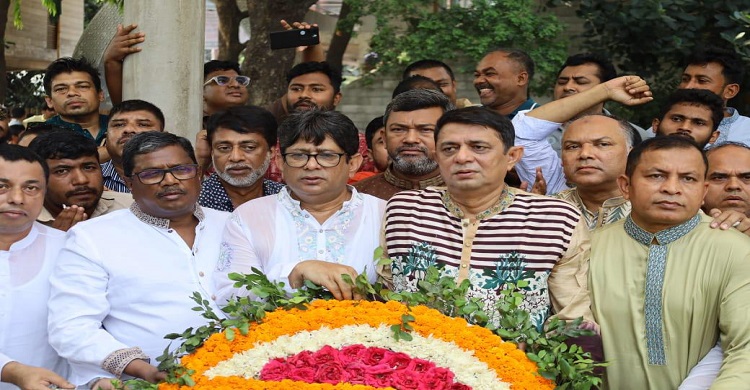
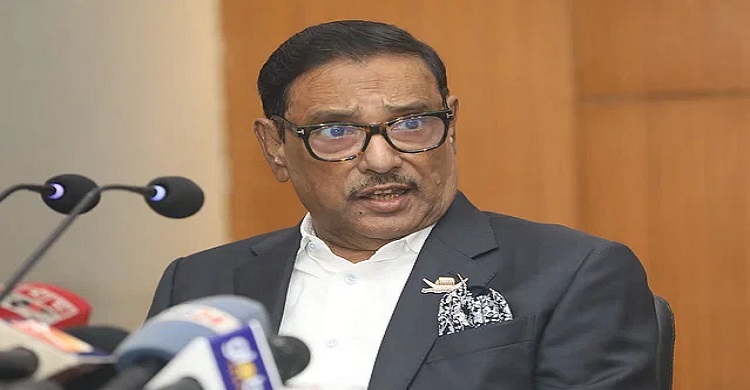

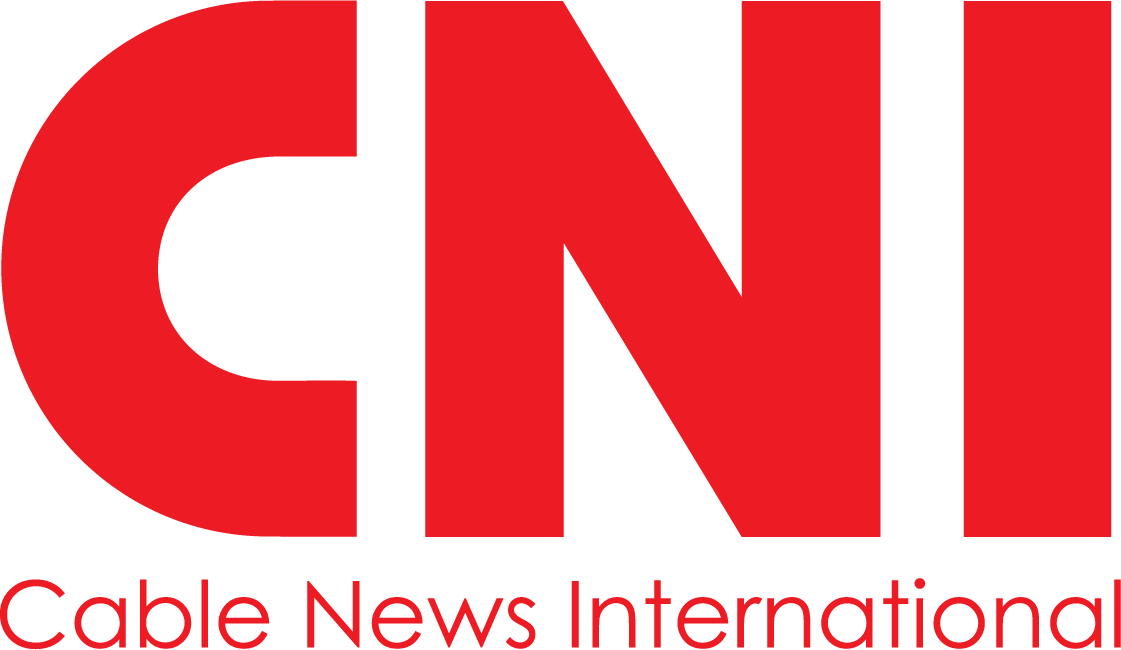



Comment ( 0)